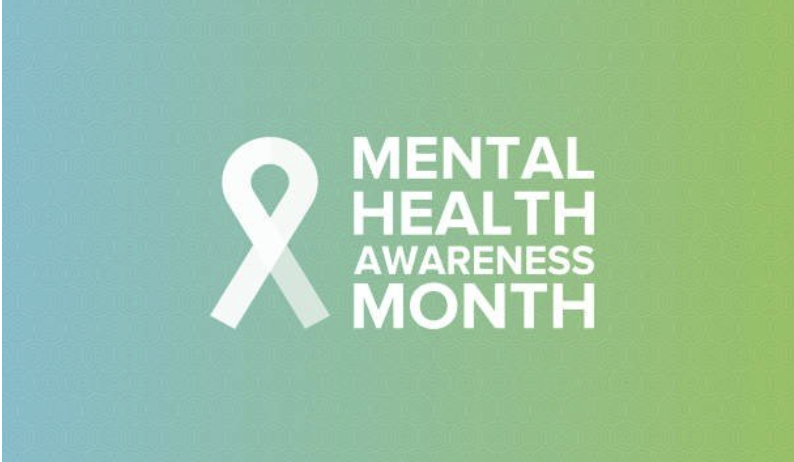
- Details
- By Chickasaw Nation Media
May is Mental Health Awareness Month in the United States, and the Chickasaw Nation takes mental health seriously. Since its establishment by Mental Health America in 1949, Mental Health Awareness Month has acted as a foundation for raising awareness and reducing stigmas about mental health conditions and how they affect people within America. The Chickasaw Nation provides numerous services to improve mental well-being.
“We want everyone to have a strong and healthy mind,” Chickasaw Nation Executive Officer for the Department of Family Services Dr. C. J. Aducci said. “When our minds are healthier, our quality of life improves.”
The Chickasaw Nation provides a long list of resources for citizens struggling with mental health conditions. These conditions can stem from a vast spectrum of issues including loss, substance use or domestic violence. However, mental health issues can also arise in people with seemingly happy lives. The Chickasaw Nation works to make sure mental health resources are readily available to citizens, no matter the struggle.
“We want everyone to know it is OK to not be OK – and it is OK to reach out for help,” Aducci said.
Behavioral Health Services is one of the many mental health resources available to Chickasaw citizens and other First Americans provided by the Chickasaw Nation. Behavioral Health Services offers mental health crisis intervention for patients at any age. These outpatient services are available to patients looking for individual, couple and family therapy.
Behavioral health providers are available in person at the Chickasaw Nation Medical Center in Ada as well as the Chickasaw Nation health clinics located in Ardmore, Purcell and Tishomingo. Services can be provided online as well. Outpatient Services provides individual, couples and family therapy in Ada, Purcell, Pauls Valley and Oklahoma City.
Recovery and Restoration Services are also available to Chickasaw citizens and First Americans. This program seeks to help individuals overcome substance use issues with numerous outlets including therapy, peer support groups, client advocacy and more.
“A therapist would meet with the individual struggling with addiction and put a treatment plan together,” Aducci said. “They’ll also get a better understanding as to how that addiction is impacting their family, so there could be opportunities for their family members or loved ones to be involved in their treatment with them.”
A relatively new resource provided by the Chickasaw Nation is Masali: Healing to Wellness Court.
“In our Healing to Wellness courts, we provide Chickasaw citizens and First Americans who are facing criminal charges for drug and alcohol related offenses an opportunity at experiencing healing and recovery,” Aducci said.
Healing to Wellness Courts offer resources participants may need to overcome barriers keeping them from recovery. Healing to Wellness Court programs rely heavily on the judicial system, social services, probation officers, therapists and more so that criminal offenders are held to high levels of accountability in their healing process.
“Right now, (the program) is specifically for adults, but we're in the process of building a juvenile drug court program as well,” Aducci said. “That program will be launched in the fall of 2024.”
The Chickasaw Nation encourages everyone to check in on their mental health this month and every month. Regular, day-to-day habits can promote a positive mind and healthy lifestyle.
“Three of the main things we can focus on to help preserve our mental health and to help prevent mental health problems from emerging are to have a healthy diet, consistently exercise and ensure that we're getting at least seven hours of sleep a night,” he said.
More Stories Like This
Sen. Luján Convenes Experts to Develop Roadmap for Native Maternal Health SolutionsSenate Passes Bill Aimed at Missing and Murdered Indigenous Peoples Crisis
Johns Hopkins Collecting Tribal Success Stories from $1.5B Opioid Settlement
Arizona MMIP Task Force Holds Listening Session for Survivors and Families
‘A good stew is a story’ Blackfeet buffalo rancher shares Three Sisters Buffalo Stew recipe

